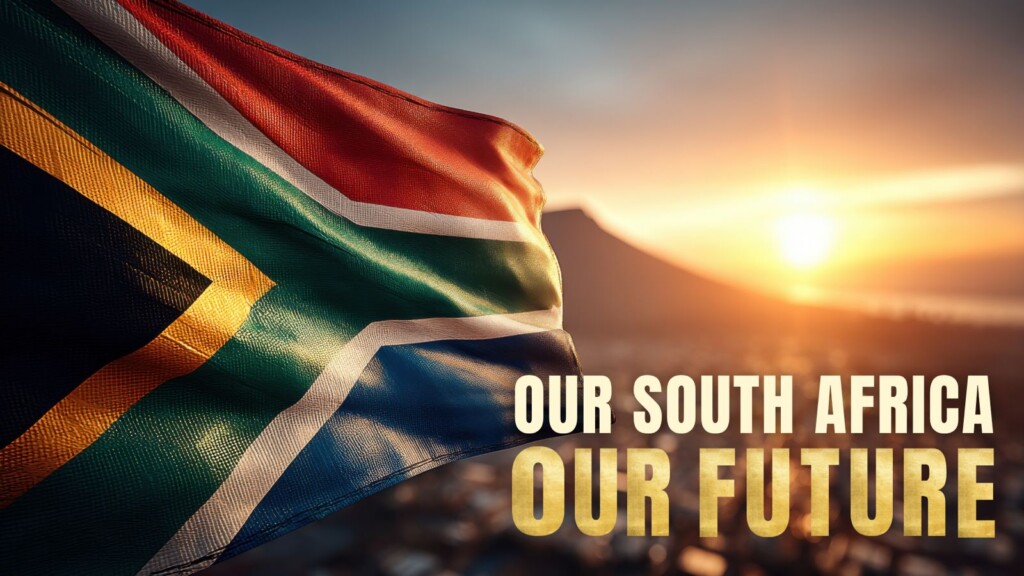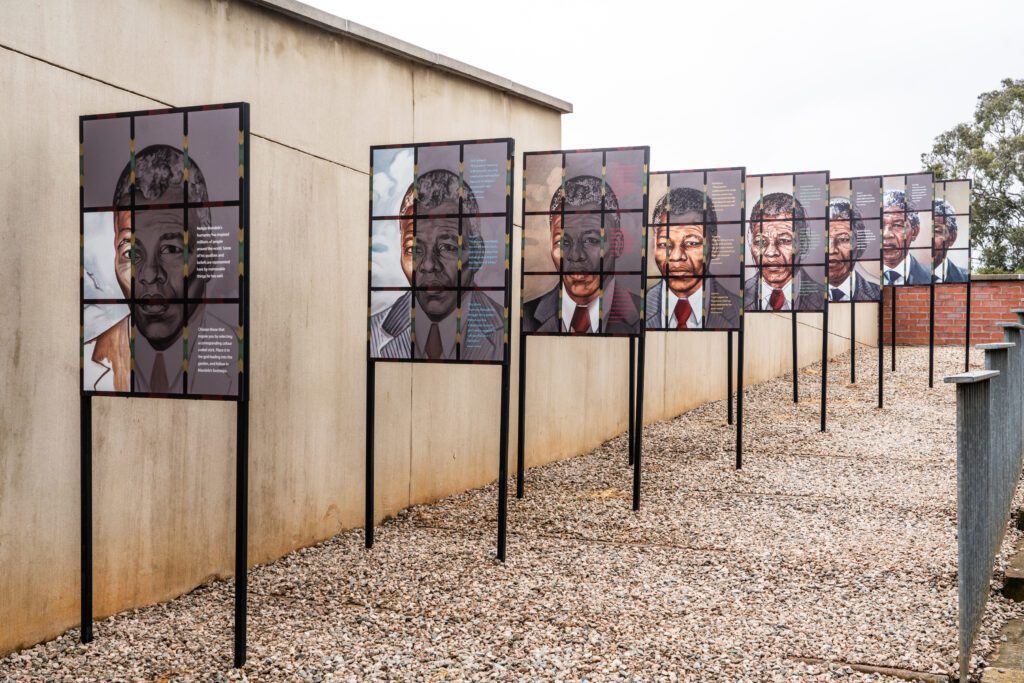This “Black-thing”

In the words of Lot Ndlovu, “the race issue should enjoy more priority than the class issue”.
Lot Ndlovu had delivered a thought-provoking speech at a BMF conference about the role of the black middle class, and how the ideological bond between the masses and the black middle class must remain intact. He reflected on the need for black people to remain true to their collective struggles and debunk middle class tendencies that seek to separate blacks from the black “thing”.
So, what is the black “thing”? It is both a statement of affirmation, and a philosophical outcome. Blackness is the preamble and state of a racial group that has both talent and purpose. Blackness is the engine of our identity, and it seeks to boldly stand without fear in the world. Blackness is who we are, is it what we love, in spite of the suspicions about it, it remains a necessary and apt description of a capable people. The “thing” is the agenda that must take root, first at a personal level, for it to be effective. It is the great task to remove the barriers that black people are experiencing, such as perpetual poverty, unemployment, and inequality. The thing seeks to create a new narrative that black people can run successful enterprises and build sustainable black capital, for the benefit of the masses.
If there was a time where South Africans are grappling with what the race issue entails, it is now. The growing misnomer that we cannot fully discuss black issues in this country is not correct. Lot Ndlovu was emphasizing that we should not shy away from the issues that affect black people collectively and that we must be direct and fearless in our articulation of black issues. The class discourse tends to lack context and relevance, it places unique black issues outside of the historical account and promotes individualism at best. The class discourse interferes with our quest to humanize the economy through the African philosophy of Ubuntu. By focusing our energies on the race issue, which is the black thing, we use this lens to understand the world and what needs to happen to redefine the economic landscape of the county.
The commanding heights of the economy remain in the hands of white people, controlling the four factors of production, which are entrepreneurship, capital, land, and labour. White people control these factors having laid that foundation historically, and we are living through the consequences of their decisions. Even when we celebrate workers day, the black thing is swept under the carpet, and labour is consistently told to accept the decisions of business. The role of NEDLAC in elevating the black thing must also be questioned, in that business has the strongest voice in that forum and in the country at large. NEDLAC seems to be a placeholder and sanitizer of the conscious of business and their continued denial of the black thing. You cannot subjugate a people for over 300 years and expect to take a back seat as business in transforming the country and blaming government for all the challenges. The BMF had argued in its paper to the Truth and Reconciliation Commission in 1996, that business never resisted the tenants of apartheid. Business embraced the suppression of the “bantu” in the workplace, and that legacy lives on.
Black management that ascends the corporate ladder is faced with either turning a blind eye to systems that suppress the workers, or actively works to bridge the gap in the workplace. The black thing has died down in the private sector, where we now see more black mangers leaving the sector and opting to work in other business types. Without black people working in the economy this country will never perform at its optimum level, underpinned by a clear matching of skills needed and those that are produced in the education system.
The relationship between labour and management has always been characterized by hostility, insecurity, mistrust, and strict adherence to processes and even tokenism. Black management needs to step up its fight for the black thing, in all business types. Just like most colours need black to create them, the rainbow nation will fail without the black thing, we must be in everything, think through everything, engage everyone, striving to be one, so that everyone can prosper.

ABOUT THE AUTHOR
Monde is a member of the Policy and Research Committee (PRC) at the BMF, a Trustee of the Maduke Lot Ndlovu Legacy Trust, a Trust founded by the BMF.
Monde holds a BBA degree in Economics from UNISA, a Post-grad in Management Practice from Henley Business School and currently an Executive MBA Candidate at Henley Business School.






Responses